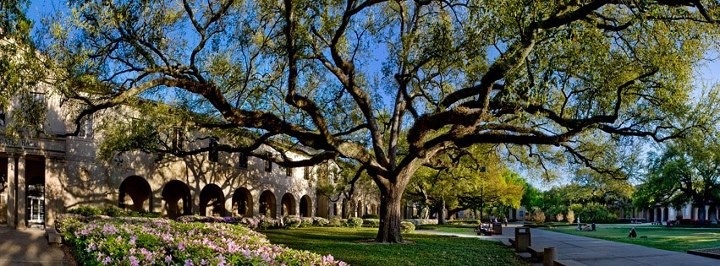
|
|
|
|
DEB Theory: research for metabolic organization
Welcome to the DEB2023 Thematic School and Symposium website. DEB2023 is the 8th edition of a series of international tele-courses, schools and symposia taking place every two years. DEB stands for: Dynamic Energy Budget. DEB theory aims at unifying commonalities of metabolic organization between organisms across the full tree of life (animals, plants, bacteria…). This theory is based on a restricted number of assumptions, written out as mathematical formulas that allow quantifying growth, development, reproduction of an individual all along its life cycle as a function of available food and temperature. It also enables modelling the effects of stressors such as contaminants, pathogens, oxygen, pH... Predicting the effects of global change and the effects of environmental stressors, better understanding the geographical patterns of species, optimizing bio-production, managing exploited resources, invasive species control are all examples of applications for which improved quantitative characterizations of metabolism in diverse biological contexts are key and for which DEB theory can be extremely useful. To date over 1000 publications include the theory in some form. In this era of massive amounts of data, and where we need to work together, synergizing skills and knowledge bases across disciplines and biomes, DEB theory has time and again proven to be that common ground whereby experts can work together and provide quantitative frameworks for solving problems. For this reason, the thematic school offers tools, mentorship and training to new scientists as well as a growing network and place to learn, further develop skills and refine research questions for experienced researchers. DEB2023 is a three-part international event: PART 1: 5-week International Tele-course - general online theoretical part (Mar 23 - May 04, 2023) PART 2: 8-day Thematic School - practical training part (June 04 - June 13, 2023) PART 3: 3-day International DEB Symposium (June 14 - June 16 2023) The Thematic School is an advanced training course on Dynamic Energy Budget theory. The objectives are (i) to learn fundamental DEB theory concepts and model building blocks, (ii) to train participants to apply DEB modelling to support their research and (iii) formulate their research questions. All applications of models come with the need to know parameter values therefore the course places due emphasis on extracting parameter values from real data. Where?The Tele-course: mainly your own working place, and we encourage participants to form local study groups. We recommend that the groups meet once a week, although individual participation is also possible. This is free of charge and an opportunity to interact with the teachers who will be present physically during the practical part of the school. For those who cannot come to the School and Symposium, you can still get a lot out of investing your time in this tele-course. The School and Symposium will take place at Louisiana State University in Baton Rouge, Louisiana. Registrations for the School will include room and board. There, you will be working hands on within an inter-generational group of new and experienced scientists with diverse backgrounds. You will train using examples from published work, as well as discuss and interact around the research topic you are working on. As DEB theory provides insights into commonalities underlying metabolism of all living organisms, so will interacting with your fellow participants contribute insights into commonalities between seemingly very different research questions. As such, the DEB school provides inspiration for solutions in places you might not otherwise have thought to look. This is one of the more rewarding aspects of applying DEB theory to your research questions. For whom?The DEB School is for graduate students and scientists (advanced undergraduates also welcome). The course is also extremely useful for participants of previous DEB courses to deepen their skills, train in new skill-sets and interact with a current network of researchers in various stages of their career. Participants should have a background in biology, mathematics, engineering, chemistry or physics with an interest in the logic behind the quantitative aspects of the metabolic organization of living systems. School Participants will network and interact with the wider scientific community during the last three days of the event at the 8th International Symposium. On the power of networking to advance scientific excellence and creativity
Participants of previous courses contributed over the years to diverse special issues on DEB theory and its applications. Some were involved in organising the previous symposiums in Brest, Lisbon, Texel, Marseille, Tromsø, and now Louisiana. You can actually meet them and learn from their experience. Just to name a few examples of post-course nertworking outcomes, the 2005-participants created the Research Group AQUADEB on applications of DEB theory to aquatic organisms. Meanwhile, 2015-participants created the 3-year research project FREE "FRamework for integrating Eco-physiological and Ecotoxicological data into ecosystem-based management tools", which stimulated the growth of AmP and an increase in automatization and robustness the estimation of DEB parameters. A cross disciplicary board of previous participants currently curate the ever expanding AmP project online database, and over the years an extensive network of expertise in Dynamic Energy Budget theory coalesced into an organised network: the DEB net, further increasing knowledge sharing and collaborations. Contact
Stay tuned by subscribing to the DEB mailing list: deb-request@listes.univ-brest.fr (request via email). For more information and/or questions about DEB2023, please reach out to: deb2023@lsu.edu
Procambarus clarkii - The red swamp crawfish |
News |




